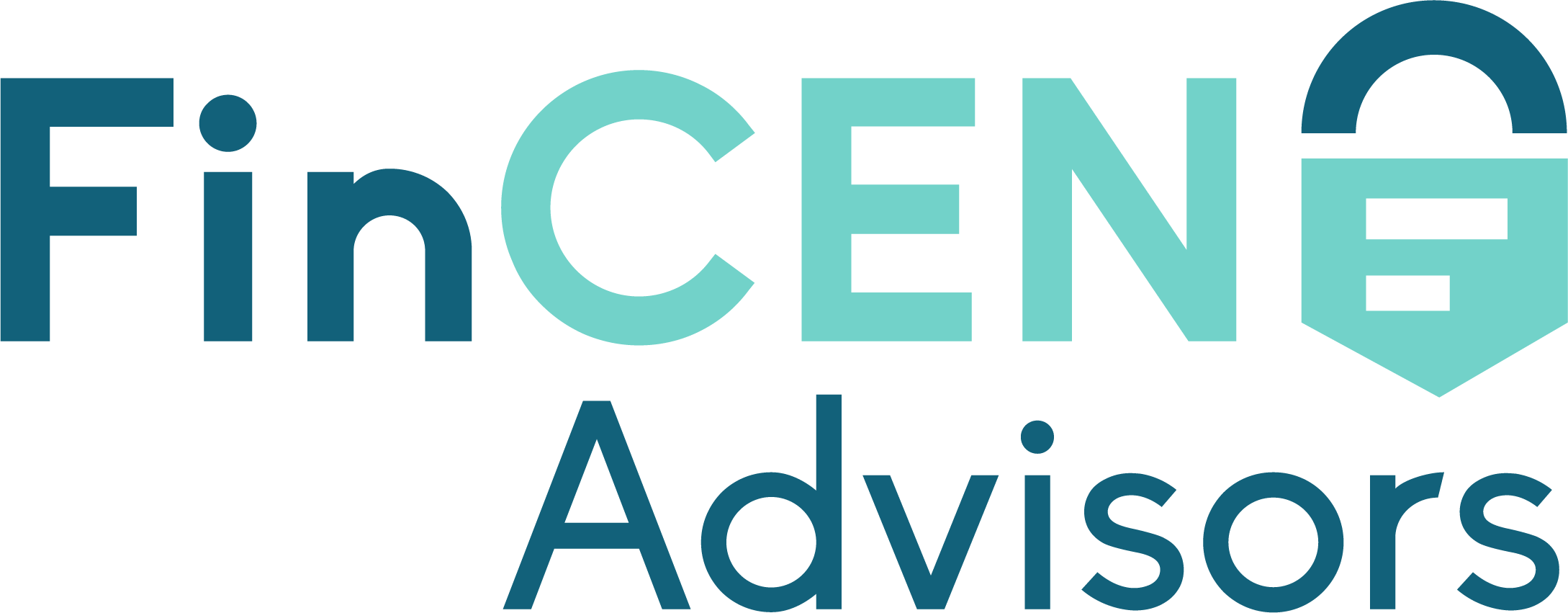Complying with the new beneficial ownership reporting requirements may be a challenge for SMBs. This guide breaks everything down.
Key takeaways:
- SMBs considered reporting companies must identify all beneficial owners for new reporting purposes.
- Compliance with deadlines and required reports must be diligent to avoid penalties and fines.
- SMBs should integrate new technologies to speed up the process and create new internal compliance policies.
- Working with an expert ensures best practices are put in place for success.
While all businesses must comply with many different laws and regulations, small and medium-sized businesses (SMBs) often struggle to navigate complex obligations. The new beneficial ownership reporting requirements under the Corporate Transparency Act (CTA) and implemented by the Financial Crimes Enforcement Network (FinCEN) have created new challenges for SMBs.
This article breaks down FinCEN requirements to provide clarity, emphasize implications, and help ensure compliance for SMBs.
Key FinCEN regulations that affect SMBs
FinCEN enforces the CTA by ensuring qualifying companies report information about their beneficial owners. The point of the law is to reduce the number of financial crimes, such as money laundering, that occur because of the prior lack of corporate transparency in the marketplace.
Many SMBs across the U.S. are considered reporting companies—those that must comply with beneficial ownership reporting requirements. Any corporation, LLC, or similar entity that must register with the secretary of state’s office, or similar office, is considered a reporting company under the CTA.
However, there are 23 exemptions, including some nonprofits, publicly traded companies, and banks and credit unions. The full list is provided by FinCEN.
SMBs that are reporting companies must submit beneficial ownership information to FinCEN by the applicable deadline. Beneficial owners are individuals who either have substantial control over the company or own at least 25% of company interests.
It’s critical to first determine whether the SMB is a reporting company and then identify its beneficial owners.
Compliance requirements for SMBs
Guidelines for compliance aren’t always clear for SMBs as they consider how the new law impacts them. The following break-down makes the reporting requirements much more manageable:
- Personal details needed for beneficial owners
Once the beneficial owners are identified, the following is the information needed for each of them in the FinCEN report:
- Name
- Date of birth
- Address
- ID number from a driver’s license, ID card, or passport
- Image of the ID
Companies created on or after January 1, 2024, will also have to provide this same personal information for company applicants, who are individuals who file registration documents for the company and those who direct that process.
- Company information
In addition to the beneficial ownership information, reporting companies must provide company details, including the legal name and trade name, address, jurisdiction, and tax ID number.
- Using the FinCEN system
FinCEN has tried to make the filing process as simple as possible through its online system. The forms to complete and steps to follow are available on the main FinCEN beneficial ownership information website.
- Deadlines to follow
For companies that existed before 2024, the deadline to file the initial report is January 1, 2025. Companies registered or created in 2024 have 90 days from receiving notice of creation. Companies registered or created in 2025 and later have 30 days from when they received notice of creation.
- Submitting updates to the information
After the initial report is submitted, the work is not completely done. While FinCEN doesn’t require an annual report, companies still must keep their beneficial ownership information updated. Within 30 days of a change to this information, like a new address or a change in beneficial ownership, an updated report must be submitted to FinCEN.
- Correcting errors in a filing
FinCEN acknowledges that this is a new process for businesses, so they are allowing 90 days from the original filing deadline to correct any mistakes reporting companies find in their report. They can correct these errors without facing a penalty.
- Consequences of noncompliance
When a reporting company is found to have willfully failed to comply with the regulations, whether not meeting the deadline or reporting false information, it may face a penalty. The civil penalties could be up to $500 per day that the violation goes on, up to $10,000, or the criminal penalties could reach up to $10,000 and/or two years of imprisonment.
SMBS must comply with these guidelines carefully to avoid these steep fines and penalties.
Reporting and recordkeeping tips for SMBs
SMBs may need to implement new processes and policies to comply with new FinCEN regulations. These actions could include:
- Implement new technology: Adopt new software or technological solutions to streamline the compliance process and enhance accuracy in reporting.
- Set up expiry alerts: Create notification systems for tracking the expiration of critical documents, such as identification cards, to ensure all information remains current.
- Conduct regular record reviews: Periodically audit company records to guarantee accuracy and timeliness, ensuring that all information is consistently up-to-date.
- Careful submission of initial reports: Pay meticulous attention to details when filing the initial beneficial ownership report to avoid errors or omissions.
- Team Education: Educate staff members about the new FinCEN regulations, focusing on the importance of compliance and the specifics of the new law.
- Designate a compliance lead: Assign a dedicated team or individual to manage beneficial ownership reporting and stay informed about FinCEN guidelines and updates.
These steps will help SMBs maintain compliance with FinCEN regulations, reducing the risk of penalties and ensuring the integrity of their financial practices.SMBs should consider working with a legal or compliance professional who can help them conduct compliance audits and put best practices in place.
Ensuring SMB compliance with FinCEN requirements
SMBs face challenges that many larger organizations don’t have to deal with, like a lack of resources to address compliance needs fully. However, SMBs must understand their beneficial ownership reporting requirements to avoid the risk of penalties and legal trouble.
When your SMB needs assistance with the new FinCEN regulations, we’re here to simplify the process at FinCEN Advisors. Our team of experts makes the filing process fast and easy, ensuring you are always in compliance.
Contact us now to learn how we can help.









